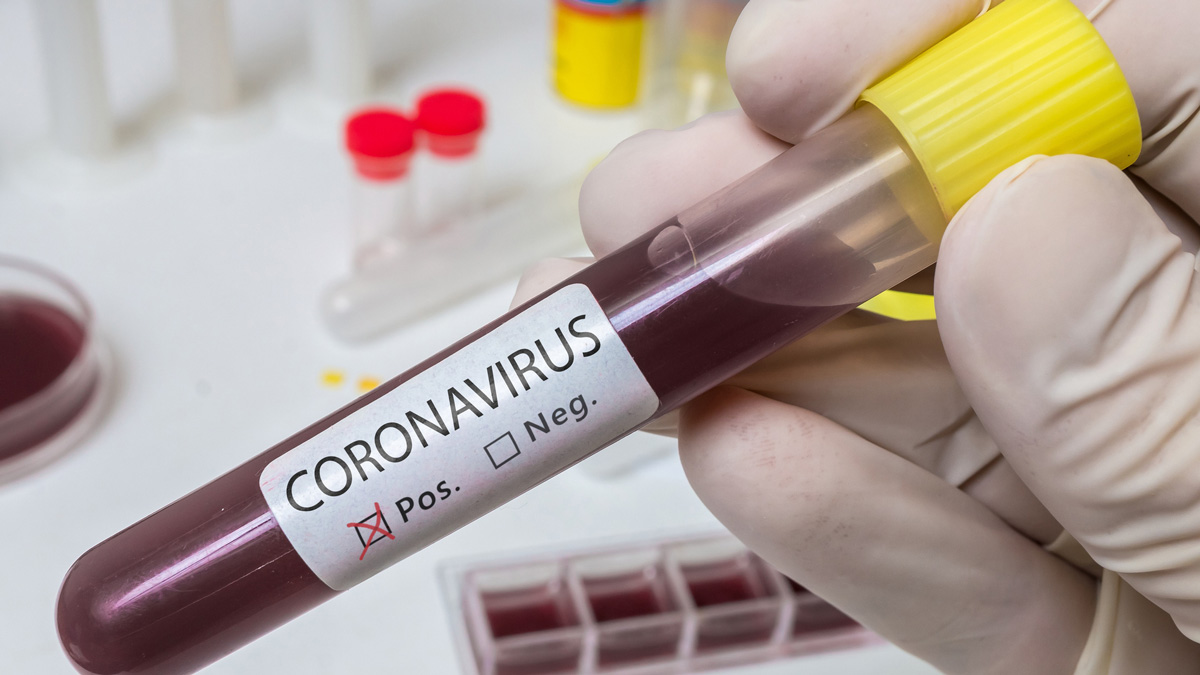Charities bankroll coronavirus drug hunt, as outbreak hits economies

The Bill & Melinda Gates Foundation and Wellcome medical charity, backed by Mastercard, have committed $125 million to speed up access to drugs to treat the coronavirus epidemic.
Along with providing seed funding to help get drugs through development, the COVID-19 Therapeutics Accelerator will try to coordinate R&D into drugs for the virus and “remove barriers to drug development and scale-up” by acting as a go-between for governments, private enterprise and other philanthropic organisations.
A key role will be to provide earlier access to funding for promising projects that may be available from public funds, according to the charities, which say the Accelerator will also focus in the longer-term on other viral pathogens.
More than 114,000 cases of the new coronavirus have now been reported globally, causing over 4,000 deaths at last count.
The Gates Foundation is providing $50 million – part of a $100 million fund announced last month – with Wellcome matching that amount and Mastercard’s charitable Impact Fund adding $25 million.
The cash injection will be available to academic and biopharma companies and will try to support projects “from drug pipeline development through manufacturing and scale-up,” with a view to getting therapies available to patients within the next 12 to 18 months.
It will focus on new as well as repurposed drugs and biologics, and will support projects that aim to make therapies available and affordable for lower-income countries.
The funding announcement came as stock markets crashed around the world, as an acceleration in COVID-19 cases worldwide made it clear the economic impact of the virus would be felt not only by companies with exposure to China, the epicentre of the outbreak, but which says the rate of new infections has started to slow down.
Outside China, the impact of COVID-19 is starting to be felt more keenly. Italy – worst hit after China with 463 deaths as of yesterday – has implemented travel restrictions and a ban on public gatherings across the entire country. It is asking people to stay at home and seek permission for essential travel.
The World Health Organisation (WHO) says the coronavirus is very close to gaining pandemic status, and there are reports that some of President Trump’s closest aides have self-quarantined after coming into contact with a confirmed case of the infection – showing that no-one is free from risk.
Trump is due to unveil measures today to boost the economy in the face of Wall Street losses that have wiped around $5 trillion off stocks in recent weeks, including measures to help people in low paid work who can’t afford to skip pay checks if they self-isolate.
Biopharma companies are being directly affected, most notably Biogen ordered its employees home after people who attended a management meeting tested positive for COVID-19.
The list of companies asking staff to work from home and/or limit travel is also getting longer, with Takeda and Eli Lilly announcing this week they will join the likes of AbbVie, GlaxoSmithKline and Sanofi in cautionary measures to reduce the risk of coronavirus transmission.
Meanwhile, news continues to filter out on progress in the hunt for treatments that could help people infected with COVID-19.
AbbVie has just put out a statement saying it can’t confirm reports from China that its combination HIV therapy Kaletra/Aluvia (lopinavir/ritonavir) has been shown to be effective in treating people with the virus. It donated a supply of the drug to the Chinese government in January for use as an experimental treatment option.
Gilead’s remdesivir seems to be in the lead among potential antiviral drugs, with data from clinical trials in China due in April, and it could be available around the end of the year if the data is positive. It’s given intravenously however, which could be a barrier to treatment in low-resource settings.
Roche’s already-marketed anti-inflammatory drug Actemra (tocilizumab) has already been approved for emergency use in China in patients whose lungs are failing following COVID-19 infection, and several other companies – including Takeda, Johnson & Johnson, GSK and Moderna – have therapies or vaccines in development.












